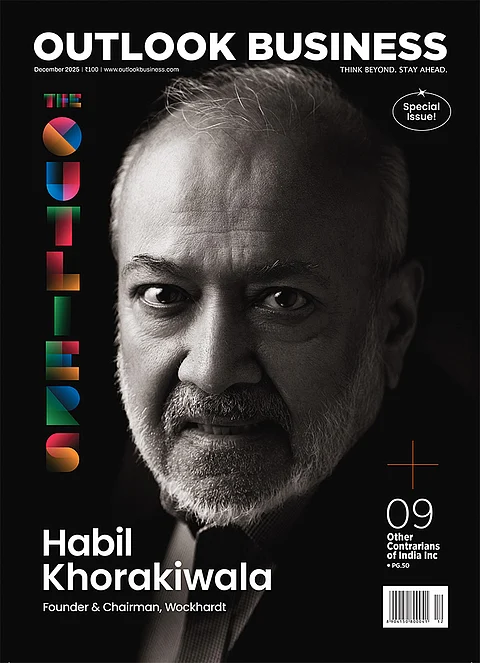Smartphone maker Xiaomi has asked the Competition Commission of India (CCI) to recall its antitrust report on Flipkart. The report found that the e-commerce giant flouted the competition law in India.
Xiaomi has mentioned that the report by the commission contains commercial secrets, as per a Reuters report. As per the smartphone maker, the report contains sensitive business information, which was supposed to be removed before sharing the same with the necessary parties.
Among other things, the report contains model-wise sales of the smartphone company, adds Reuters. It should be noted that if the report is recalled, the investigation, which started in 2021 after a complaint by a trade body, will be delayed. This isn’t the first time a company has asked to recall a report in an anti-trust probe.
Apple's Antitrust Saga in India
In August, the CCI withdrew its investigation report, which suggested that Apple violated competition laws in India.
This decision was taken following Apple's complaints that its trade secrets were shared with competitors, including Tinder's parent company, Match. As a result, the opponents of Apple were asked to return the investigation report to the CCI.
Following this, in a four-page report seen by Reuters, the CCI highlighted, “It is imperative that such information be maintained confidential, ensuring that no unauthorized disclosure occurs.”
Now, if we quickly look at the law, Section 57 of the Competition Act 2002 says that any confidential information about a company (or enterprise) that is obtained by the CCI or the Appellate Tribunal for the purpose of enforcing the Act cannot be shared without the company's prior written consent. This restriction ensures that sensitive business information is not disclosed, except when required by the Act or any other applicable law.
The issue started after, in September 2021, Together We Fight Society, a Jaipur-based non-profit group, filed an anti-trust complaint against Apple. Following this, cases were also filed by Tinder-owner Match and the Alliance of Digital India Foundation (ADIF) against Apple. ADIF also became party to the CCI probe against Apple.
In a blog post, ADIF mentioned, “Big tech firms like Apple and Google have monopolized the app economy and continue to impose predatory policies on their app stores—such as forcing the use of their own payment systems—that harm the start-up ecosystem and India’s developers. IOS and Android have a combined market share of 99.03 per cent in India.”
Following this, in July 2024, the CCI released a report that highlighted that Apple reportedly exploited its dominant market position and was "in abusive conduct and practices."
The report also indicated that Apple exerted significant control over the distribution of digital products and services. This dominance was primarily through its iOS platform and App Store.
Flipkart-Amazon Antitrust Probe
Recently, the CCI found out that both Amazon and Flipkart gave preference to certain sellers on their websites. As a result, sellers who were preferred reportedly came higher during search results. Further, the report seen by Reuters also pointed out that the two e-commerce platforms treated ordinary sellers as mere database entries.
To add to it, it was also found that several smartphone companies, including Xiaomi and Samsung, colluded with the two e-commerce platforms to launch their products exclusively on these platforms. Flipkart and Amazon flouted anti-competitive practices by focusing on giving steep discounts and giving preference to certain sellers. Now, as per Mint, the CCI has asked the two e-commerce platforms to give their financial statements.
The investigation, which is in its final phase, is seeking the financial statement to determine the penalty that will be levied on the two companies. If a company violates the competition law, the CCI can charge up to ten percent of a company’s global turnover. The average turnover or income of the violator over the previous three fiscal years may be used by the commission to determine the amount of this punishment.































